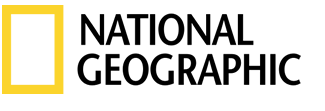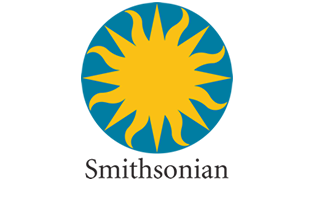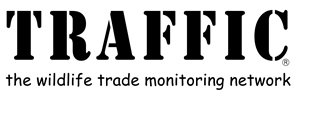THE CHALLENGE PARTNERS
The Wildlife Crime Tech Challenge is an initiative of the U.S. Agency for International Development (USAID) in partnership with the National Geographic Society, the Smithsonian Institution, and TRAFFIC.
USAID is the lead U.S. Government agency working to end extreme global poverty and enable resilient, democratic societies to realize their potential. The loss of iconic wildlife and the presence of violent elements linked to wildlife trafficking threaten nature-based tourism and undermine development gains in many countries where USAID works.
The
U.S. Global Development Lab, established in April 2014, is an entity within USAID that brings together a diverse set of partners to discover, test, and scale breakthrough solutions to achieve what human progress has only now made possible - the end of extreme poverty by 2030.

The
National Geographic Society is a global nonprofit membership organization driven by a passionate belief in the power of science, exploration, and storytelling to change the world. National Geographic increases global awareness of wildlife-crime issues through features in the National Geographic Magazine, National Geographic Kids Magazine, exhibits, events, books, National Geographic Channel, documentaries, and blogs. National Geographic also elevates understanding and action by carrying out research on critically important issues such as global ivory consumption, supporting scientists and conservationists who battle wildlife crime, and recognizing ideas and individuals that contribute to the reduction of wildlife crimes. National Geographic works closely with on-the-ground partners to forge collaborations and develop initiatives that lead to innovations in fighting wildlife crimes.

The
Smithsonian Institution, the world's largest museum and research complex, is committed to combating wildlife trafficking through state-of-the-art research and public engagement. The Consortium for the Barcode of Life, hosted at the National Museum of Natural History, uses DNA barcoding for investigating and prosecuting wildlife crime. The Smithsonian is a founder of the Global Tiger Initiative, which builds capacity for combating illegal trafficking of tigers in Asia through education and training. In 2015, the Smithsonian launched a pan-institutional initiative on ivory and wildlife trafficking aimed at raising public awareness by leveraging its diverse museum collections and communication platforms.

TRAFFIC, the wildlife trade monitoring network, works globally on trade in flora and fauna in the context of biodiversity conservation and sustainable development. The leading non-governmental organization in its field, TRAFFIC has almost 40 years of expertise in understanding and addressing the drivers of wildlife trade. Its science-based approach to understanding illegal wildlife consumption is shaping effective consumer behavior change. The organization has also been at the forefront of encouraging routine forensic examination of wildlife crimes and enforcement training, and exposing and mitigating the negative impacts of illegal trade.
THE CHALLENGE IMPLEMENTATION TEAM
The Challenge is implemented on behalf of USAID and its partners by
Integra LLC, with subcontractor support from PricewaterhouseCoopers Public Sector LLP and Sonjara, Inc.